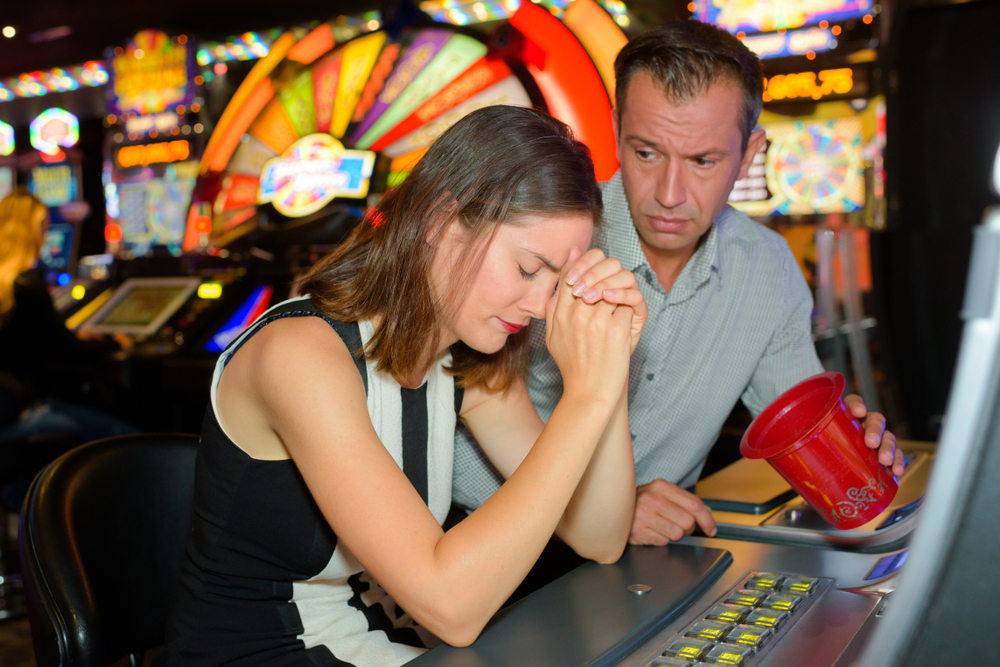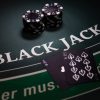Alright, blackjack enthusiasts! We all love the thrill of hitting 21, but let’s face it, mistakes happen. Whether you’re a seasoned player or just starting out, knowing the common pitfalls can seriously boost your game. Let’s dive into the errors that can cost you money and how to dodge them.
Ignoring Basic Strategy
One of the biggest blunders you can make at the blackjack table is ignoring basic strategy. This isn’t just some fancy chart; it’s a mathematically proven set of optimal plays for every situation. Deviating from it? That’s just handing the house a bigger edge.
Think about it: every decision you make affects your odds. Going with your gut might feel right, but basic strategy is based on cold, hard probabilities. Forget emotional decisions; stick to the chart! You can easily find basic strategy charts online – memorize it, print it, whatever works. Implementing basic strategy in every hand can drastically improve your chances of winning. By learning blackjack basic strategy you will have more chances to win.
Key points:
- Consequences of not following basic strategy.
- Emotional decisions vs. optimal plays.
- Memorizing and applying the basic strategy chart.
Poor Bankroll Management
Okay, so you know basic strategy. Great! But if you’re betting like a maniac, you’re still gonna go broke. Poor bankroll management is a silent killer for blackjack players. Betting too much per hand, chasing losses, and not setting limits – these are all recipes for disaster. It’s important to learn how to play smart, this means you have to master blackjack bankroll management .
Imagine this: you’re on a losing streak, so you double your bet to “win it back.” Sounds familiar? That’s chasing losses, and it rarely ends well. Instead, set a budget before you even sit down at the table. Decide how much you’re willing to lose and, just as importantly, when you’ll walk away with your winnings. Don’t let emotions dictate your betting; stick to your plan.
Key points:
- Betting too much per hand.
- Chasing losses and increasing bet sizes.
- Not setting stop-loss and profit targets.
Misunderstanding Card Counting
Ah, card counting. The Holy Grail of blackjack, right? Not so fast. Many players think they can walk into a casino (or log onto an online game) and start counting cards like Rain Man. The reality is, effective card counting takes serious skill, practice, and a deep understanding of the math involved.
Trying to count cards without proper training can actually hurt your game. Inaccurate counts, incorrect bet sizing, and misinterpreting the true count can lead to terrible decisions. And remember, casinos are watching! If you’re serious about card counting, dedicate the time and effort to learn it properly. Otherwise, you’re better off focusing on solid basic strategy and smart bankroll management. If you are interested, make sure to check our guide to card counting online blackjack .
Key points:
- Inaccurate count tracking.
- Incorrect bet sizing adjustments.
- Misinterpreting the true count and its implications.
Before you start playing, you should know the blackjack myths , that way you will be more confident about your game.
Ignoring the Dealer’s Upcard
This one’s huge. The dealer’s upcard is the single most important piece of information you have at the blackjack table, besides your own hand, of course. It dictates a large part of your basic strategy decisions. Are they showing a weak card (2-6)? You’ll generally want to be more conservative, hitting less and standing more often, hoping they bust. Got a dealer showing a 7 or higher? Time to get aggressive and try to make a strong hand, as they have a good chance of making a solid hand themselves.
For example, if you have a hard 16 and the dealer is showing a 10, basic strategy dictates you should hit. It’s a tough situation, but statistically, it’s the least bad option. Ignoring this and standing pat out of fear gives the house an even bigger advantage. Pay attention to that upcard, folks!
Key points:
- Understanding the dealer’s upcard implications.
- Adjusting your strategy based on the upcard.
- Examples of how the upcard influences decisions (e.g., hard 16 vs. dealer’s 10).
Not Splitting Pairs Correctly
Splitting pairs can be one of the most profitable plays in blackjack, but only if you do it right. Many recreational players split pairs based on hunches or gut feelings, which is a surefire way to bleed chips. Basic strategy provides clear guidelines on when to split, and you should stick to them religiously.
Always split Aces and 8s, no exceptions. Aces give you two chances to hit a blackjack, and splitting 8s gives you a chance to improve two terrible hands (16) into potentially winning ones. Never split 10s, as you already have a very strong hand (20). Splitting other pairs depends on the dealer’s upcard. For example, split 2s, 3s, or 7s against a dealer’s upcard of 2-7, but not against higher cards. Understanding these rules can significantly impact your win rate.
Key points:
- Knowing which pairs to always split (Aces, 8s).
- Understanding when to split other pairs based on the dealer’s upcard.
- Avoiding common splitting mistakes (e.g., splitting 10s).
Taking Insurance Bets
Insurance bets are a sucker bet, plain and simple. When the dealer shows an Ace, you’re offered insurance, which is essentially a side bet that the dealer has blackjack. While it might seem tempting to “protect” your hand, the odds are heavily stacked against you.
The payout for insurance is typically 2:1, but the chances of the dealer having blackjack are less than 1 in 3. This means that, in the long run, you’re going to lose money on insurance bets. Unless you’re a very skilled card counter with a specific reason to believe the deck is rich in tens, always decline insurance. It’s a classic example of a bet that preys on players’ fear of losing.
Key points:
- Understanding the true odds of the dealer having blackjack.
- Recognizing the negative expected value of insurance bets.
- Knowing when insurance might be considered (rare situations for card counters).
Playing at Unfavorable Tables
Not all blackjack tables are created equal. The rules of the game can vary significantly from casino to casino, and even from table to table within the same casino. These rule variations can have a significant impact on the house edge.
For example, a table that pays 6:5 on blackjack instead of the standard 3:2 increases the house edge dramatically. Similarly, rules that restrict doubling down or hitting split Aces are also unfavorable. Always look for tables with the most liberal rules, such as 3:2 blackjack payout, doubling down on any two cards, and the ability to re-split Aces. These small differences can add up to a big difference in your long-term results. Nowadays, more and more online casinos are appearing, so take the time to read the responsible gambling guidelines before you play.
Key points:
- Identifying favorable vs. unfavorable blackjack rules.
- Understanding the impact of rules like blackjack payout, doubling down restrictions, and re-splitting Aces.
- Shopping around for the best table conditions.
Ignoring Table Position
While not as crucial as basic strategy, your position at the blackjack table can have a slight impact, especially in land-based casinos. Being the last player to act before the dealer (the “anchor” position) gives you the most information, as you see what other players do before making your decision. This can be helpful in certain situations, such as when card counting or trying to avoid taking a card that might help the dealer make their hand.
However, don’t overstate the importance of table position. It’s a marginal advantage at best, and shouldn’t override basic strategy. Focus on making the right play based on your hand and the dealer’s upcard, regardless of where you’re sitting.
Key points:
- Understanding the potential benefits of the anchor position.
- Recognizing the limited impact of table position on overall strategy.
- Prioritizing basic strategy over table position considerations.
Drinking Too Much
This one should be obvious, but it’s worth mentioning. Blackjack requires focus and clear thinking. Alcohol impairs judgment, slows reaction time, and makes you more likely to make mistakes. While it might be tempting to loosen up with a few drinks while playing, it’s a surefire way to lose money.
If you’re serious about winning at blackjack, stay sober or limit yourself to one or two drinks at most. The casino wants you to be drunk; don’t give them the advantage. A clear head is your best weapon at the blackjack table.
Key points:
- Recognizing the negative impact of alcohol on decision-making.
- Maintaining focus and clear thinking while playing.
- Avoiding excessive alcohol consumption at the casino.
Conclusion
So, there you have it – the most common blackjack mistakes and how to avoid them. Ignoring basic strategy, mismanaging your bankroll, misunderstanding card counting, disregarding the dealer’s upcard, incorrectly splitting pairs, taking insurance bets, playing at unfavorable tables, ignoring table position and drinking too much are all traps that can drain your wallet. By being aware of these pitfalls and focusing on smart, disciplined play, you’ll significantly increase your chances of winning and having a blast at the blackjack table. Good luck, and may the odds be ever in your favor!


